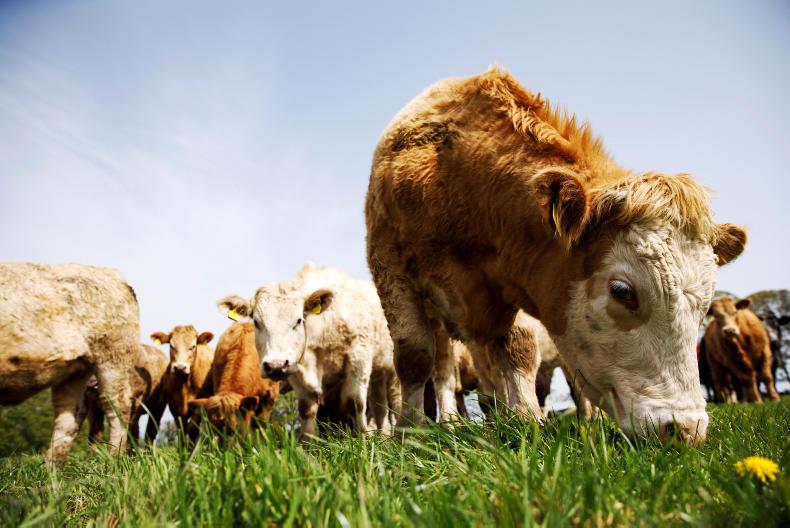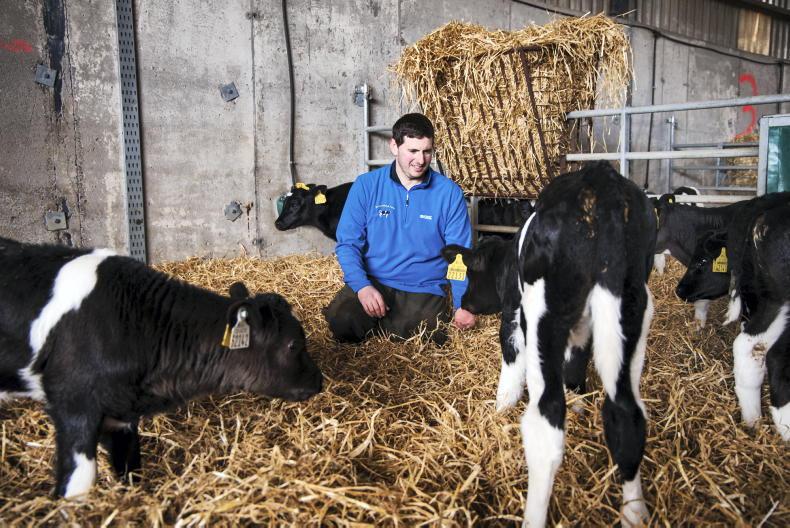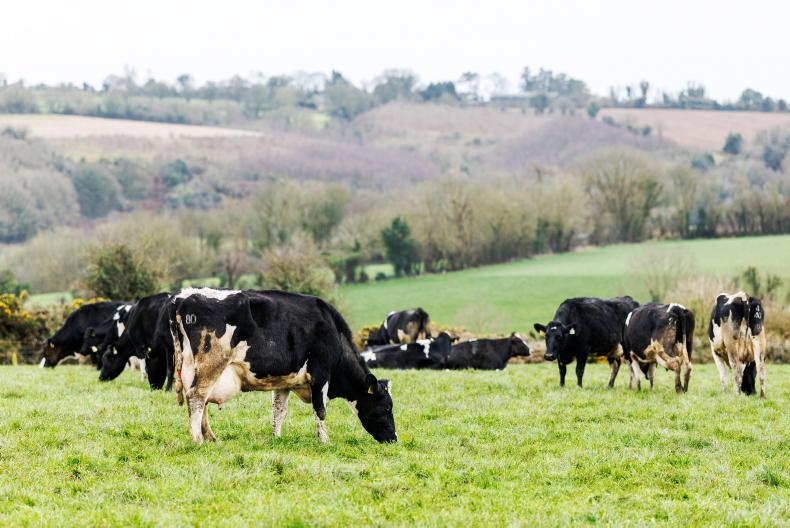Farmers are most willing to undertake farm adaptation or mitigation if it was economically beneficial to do so, a report from NUI Galway (NUIG) has found.
Examining farmers’ preferences for climate change adaptation, the study identified that to help promote mitigation measures, additional resources, including financial incentives and training, are the most important enablers.
Co-author of the study and lecturer in economics at NUIG Edel Doherty said: “The farmer is the central decision-maker in achieving farm adaptation to climate change.
“It is critical to understand from the farmer’s perspective what they view as the key barriers and enablers of adaptation.”
Findings
The report found that over one-third of Irish farmers are concerned about extreme weather events impacting their farming activities and that farmers are most concerned about the impacts of storms, droughts and flooding.
Within the study, farmers were asked whether they would be willing to help reduce the risk of flooding to downstream communities and over 40% indicated they would.
Almost 70% of farmers indicated a willingness to use insurance as a method to protect their farm financially against damages caused by extreme weather events.
Awareness
Farmers felt unsure of what adaptation measures they could undertake on their own farm and they felt they lacked practical and reliable information concerning adaptation.
The report found that while Irish farmers are aware of the effects of climate change on weather, they felt unprepared for very severe weather.
Farmers highlighted a number of resource constraints related to finance, time and capacity, which impeded their ability to undertake adaptation.
Read more
Forestry program 'effectively dead' due to licensing failure
Not necessary for methane from cows to reach net zero – Minister Ryan
Making more from cabbage than cattle in Clare
Farmers are most willing to undertake farm adaptation or mitigation if it was economically beneficial to do so, a report from NUI Galway (NUIG) has found.
Examining farmers’ preferences for climate change adaptation, the study identified that to help promote mitigation measures, additional resources, including financial incentives and training, are the most important enablers.
Co-author of the study and lecturer in economics at NUIG Edel Doherty said: “The farmer is the central decision-maker in achieving farm adaptation to climate change.
“It is critical to understand from the farmer’s perspective what they view as the key barriers and enablers of adaptation.”
Findings
The report found that over one-third of Irish farmers are concerned about extreme weather events impacting their farming activities and that farmers are most concerned about the impacts of storms, droughts and flooding.
Within the study, farmers were asked whether they would be willing to help reduce the risk of flooding to downstream communities and over 40% indicated they would.
Almost 70% of farmers indicated a willingness to use insurance as a method to protect their farm financially against damages caused by extreme weather events.
Awareness
Farmers felt unsure of what adaptation measures they could undertake on their own farm and they felt they lacked practical and reliable information concerning adaptation.
The report found that while Irish farmers are aware of the effects of climate change on weather, they felt unprepared for very severe weather.
Farmers highlighted a number of resource constraints related to finance, time and capacity, which impeded their ability to undertake adaptation.
Read more
Forestry program 'effectively dead' due to licensing failure
Not necessary for methane from cows to reach net zero – Minister Ryan
Making more from cabbage than cattle in Clare










SHARING OPTIONS